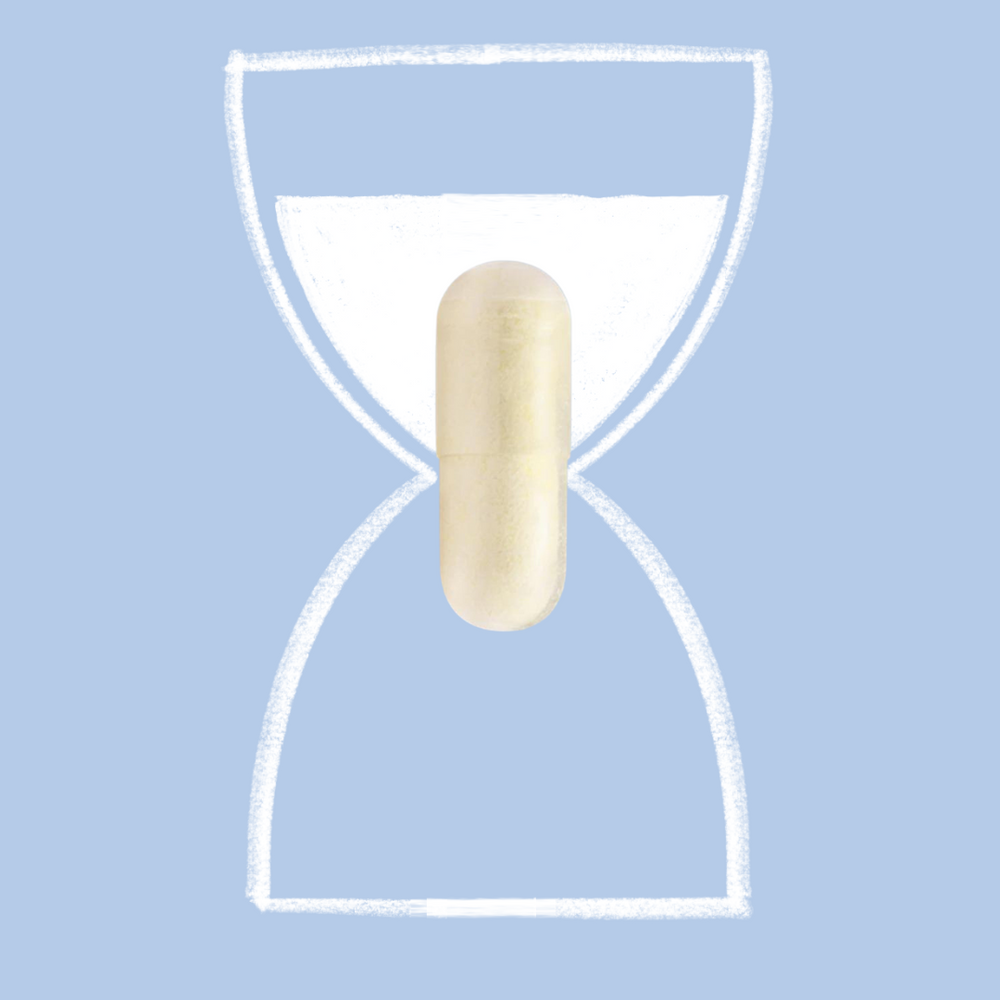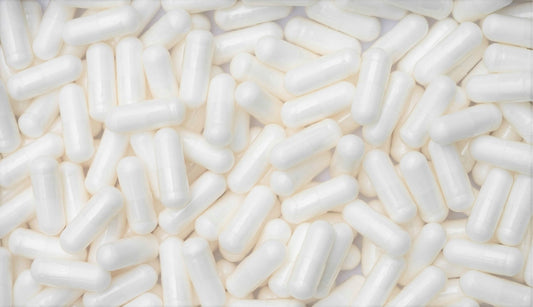Lorem ipsum
1
You have saved personalized supplements. Would you like to add them back to your cart?
£0.00 GBP
Your cart total must be £20.00 or more to proceed.
100mg
• Improves memory and cognitive function
• Manages stress
• Aids post-exercise recovery
Couldn't load pickup availability
 GMP
GMP
 Non-GMO
Non-GMO
 No fillers
No fillers
 Gluten Free
Gluten Free
Phosphatidylserine (PS) is a phospholipid molecule that plays a crucial role in cellular structure and function, particularly within the brain. In supplement form, phosphatidylserine can support cognitive health, enhance memory and concentration, and manage stress.

Cortisol Balance
Phosphatidylserine is vital in many cellular functions, including cell signalling, cell structure maintenance, and cell-to-cell communication. It is particularly abundant in the brain, where it helps maintain the flexibility and permeability of brain cells, thereby supporting brain health and cognitive function.
Its ability to support cognitive function is likely due to its role in maintaining cellular function, boosting neurotransmitter production, and facilitating cell-to-cell communication in the brain. Phosphatidylserine may improve memory, concentration, and overall cognitive function by supporting brain health.
Additionally, phosphatidylserine has been found to regulate cortisol levels. Cortisol is a hormone released in response to stress, including physical stress during intense exercise. By helping to reduce the release of cortisol, phosphatidylserine can promote faster recovery post-exercise and help manage stress levels.
Notable signs that phosphatidylserine is working may include improved memory, better concentration, enhanced cognitive function, reduced feelings of stress, and faster recovery from intense physical exercise.
Take 1 capsule daily with food and water, unless specified otherwise on the sachet.
* Percent Daily Values are based on a 2,000 calorie diet.
† Daily Value not established.
Gelatine, Glycerin, Polyglycitol Syrup And Water
Publications you might find interesting

1. Kim, H. Y., Huang, B. X., & Spector, A. A. (2014). Phosphatidylserine in the brain: metabolism and function. Progress in lipid research, 56, 1-18.
2. Crook, T. H., Tinklenberg, J., Yesavage, J., Petrie, W., Nunzi, M. G., & Massari, D. C. (1991). Effects of phosphatidylserine in age-associated memory impairment. Neurology, 41(5), 644-644.
3. Starks, M. A., Starks, S. L., Kingsley, M., Purpura, M., & Jäger, R. (2008). The effects of phosphatidylserine on endocrine response to moderate intensity exercise. Journal of the International Society of Sports Nutrition, 5(1), 1-6.
4. Glade, M. J., & Smith, K. (2015). Phosphatidylserine and the human brain. Nutrition, 31(6), 781-786.
5. Monteleone, P., Beinat, L., Tanzillo, C., Maj, M., & Kemali, D. (1990). Effects of phosphatidylserine on the neuroendocrine response to physical stress in humans. Neuroendocrinology, 52(3), 243-248.

Gain access to your own data driven dashboard, health reports and personalised supplement plans.


• Supports cellular health and longevity
• Boosts NAD function
• Promotes skin health and elasticity

